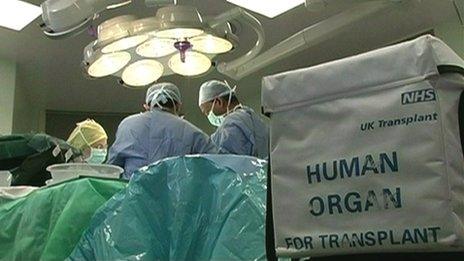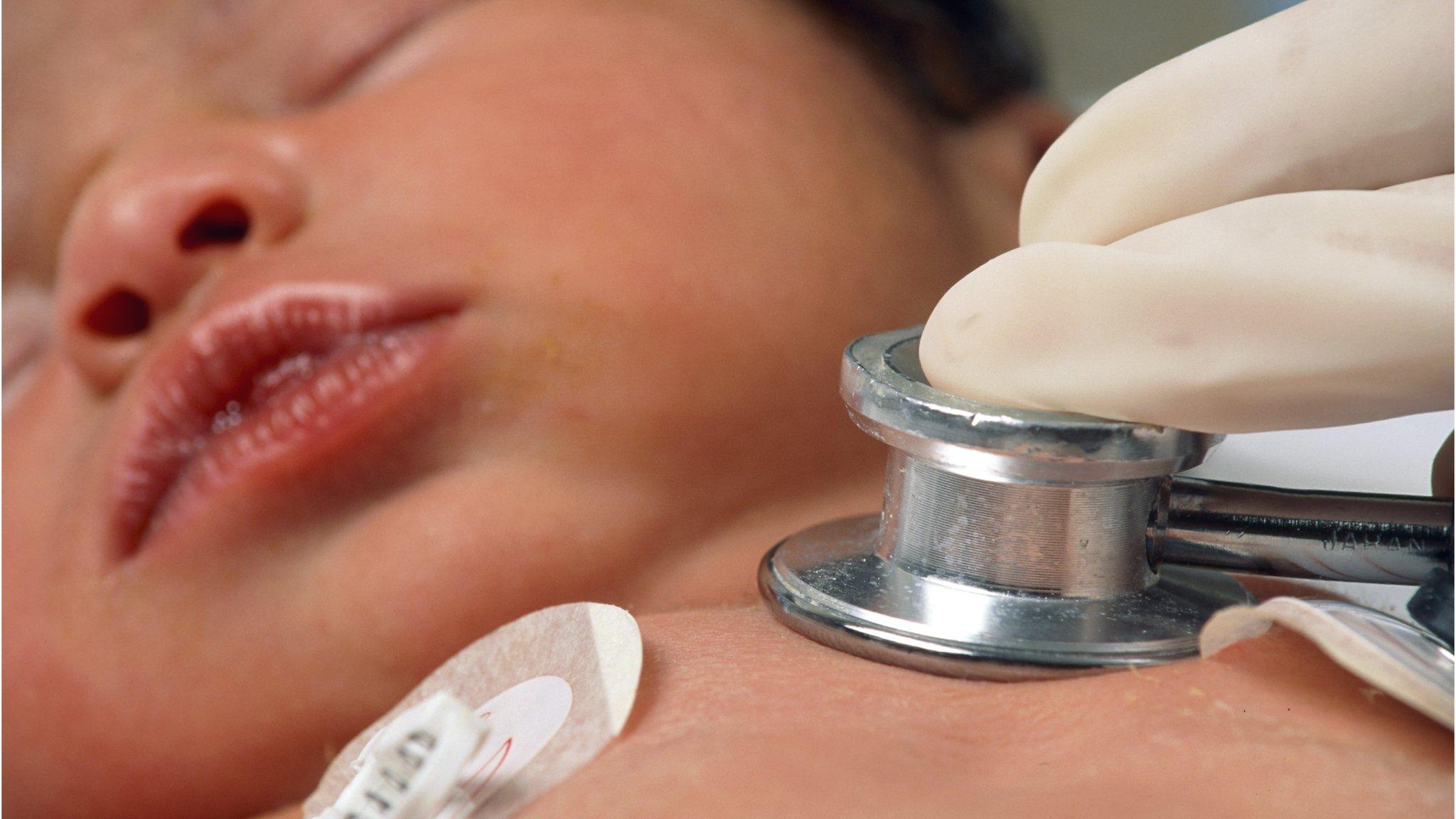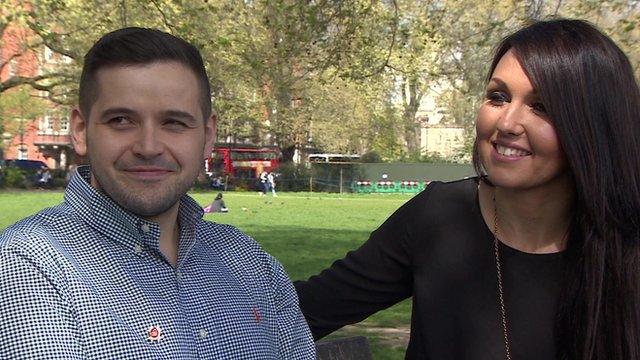First organ donation drop for decade
- Published

The number of people in the UK donating organs after death has fallen for the first time in more than a decade, figures show.
Last year the number fell by 3% compared with the previous 12 months to 1,282.
NHS Blood and Transplant said fewer people were suitable for donating organs and there had been a fall in families giving consent.
However, the figures are still considerably higher than a decade ago.
A donated heart, kidney or liver can save a life, however, there are massive shortages.
The annual Organ Donation and Transplantation Activity Report showed more than 1,200 people either died on the waiting list or were removed because of deteriorating health.
Yet now the NHS is reporting a 5% drop in the number of live donors - which include people donating a spare kidney or part of their liver - and the first drop in donations after death for 11 years.
The consequence was:
a 7% fall in pancreas transplants
a 3% fall in liver transplants
a 12% fall in heart and lung transplants
a 4% fall in kidney transplants
and the overall number of people getting a transplant fell by 5% to 4,431
There are many potential factors behind the fall, but doctors are being hit by a shrinking pool of potential donors and families being more likely to reject permission for donation.
Out of the half a million people who die in the UK each year only a tiny fraction die in circumstances that are suitable for donation.
Yet improvements in fields such as stroke and trauma mean patients are more likely to survive and as a result there are fewer donors.
The pool of potential donors shrank to 7,450 in 2014-15 from 8,157 the year before.
However, families giving consent has also fallen from 59% to 58% including 120 families who went against the deceased person's own wishes to donate.
NHS Blood and Transplant is calling for a "revolution in attitudes to organ donation".
'More deaths'
Sally Johnson, from NHS Blood and Transplant, said: "The decreases we can see across all types of organ transplant will lead to more deaths if we do not reverse this trend.
"We have always known that because the opportunities to donate are so small, it is essential to increase the number of people who say yes to organ donation.
"If the pool of potential donors is reduced then this is even more important.
"We understand that families are expected to consider donation in their darkest hour so we would remind everyone to tell those closest to you now if you want to donate your organs and then record that decision on the NHS Organ Donor Register."
Wales is due to become the first part of the UK to change their rules to a system where everyone is presumed to have given their consent for their organs to be donated.
People will have to opt out from December 2015.
The British Heart Foundation said the rest of the UK needed to follow suit in order to tackle the number of people waiting for a heart transplant, which has doubled in the past five years.
The charity's chief executive said: "Tragically, these figures show that the number of available organs is outstripped by the number of heart patients waiting for a lifeline.
"We hope the rest of the UK will follow Wales' trailblazing lead."
- Published10 September 2013

- Published18 March 2014

- Published23 April 2015
